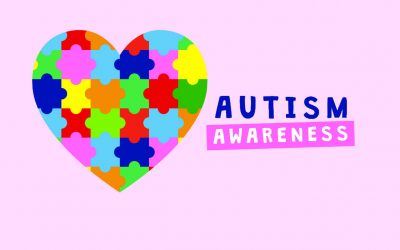Senate panel OKs autism legislation
By ELISE YOUNG
TRENTON — Autism advocates were thrilled Monday when a Senate committee released a package of bills to help thousands of New Jerseyans who have the neurological condition.
“This is an historic day in the state of New Jersey,” said Linda Walder Fiddle of Ridgewood, executive director of the Daniel Jordan Fiddle Foundation, which provides grants to autism organizations. “Finally, we have a starting point to assess the needs of every individual.”
New Jersey has the highest autism rate in the country, with one in 94 children affected, the federal Centers for Disease Control and Prevention concluded this year after a multiyear study. Researchers don’t know what causes autism, although many suspect it is a combination of genetic and environmental factors.
Symptoms can range from barely noticeable to nearly completely debilitating, and include impaired communication skills, social awkwardness and inappropriate repetitive behavior. The disorder is often diagnosed by age 3.
Although there is no cure, intensive and expensive therapies — including behavioral, occupational, speech and physical — show promise in lessening and even seemingly reversing some symptoms.
The legislative bills — designed in response to The Record’s award-winning “In Autism’s Grip” series last year — have wide support among both parties in each house of the Legislature. They were unanimously approved Monday by the Senate Health, Human Services and Senior Citizens Committee; they were approved by the Assembly’s counterpart committee in March.
The bills considered by Monday initially numbered 10; they were combined with Assembly versions to make five.
Fiddle and two advocates testified in favor of a bill to create the Adults with Autism Task Force, which would examine education, housing, job, social and health services for those older than 21, who no longer are guaranteed such guidance by the state and federal governments.
“Today in our state we are woefully, woefully underprepared for these numbers of individuals that will be ‘aging out’ of our system,” said Madeleine Goldfarb, the mother of a 13-year-old boy with autism and the outreach coordinator for the Autism Center of the University of Medicine and Dentistry of New Jersey.
Other pending autism bills include three related to the Governor’s Council on Autism, which grants millions of dollars to in-state researchers.
One, to make the council permanent, was approved in Senate health committee Monday; the Assembly approved it in March.
A second, to change the makeup of the council and lessen the involvement of UMDNJ, also was approved in the Assembly and is awaiting a vote in the Senate. A third bill, to give the council a $4 million budget infusion — in addition to its main source of funding, a $1 surcharge on motorists’ moving violations — remains in the Senate health committee.
Other legislative committees also are considering a bill to require teacher training, and another to encourage the state Department of Health and Senior Services to study any link between ultrasound and autism.


